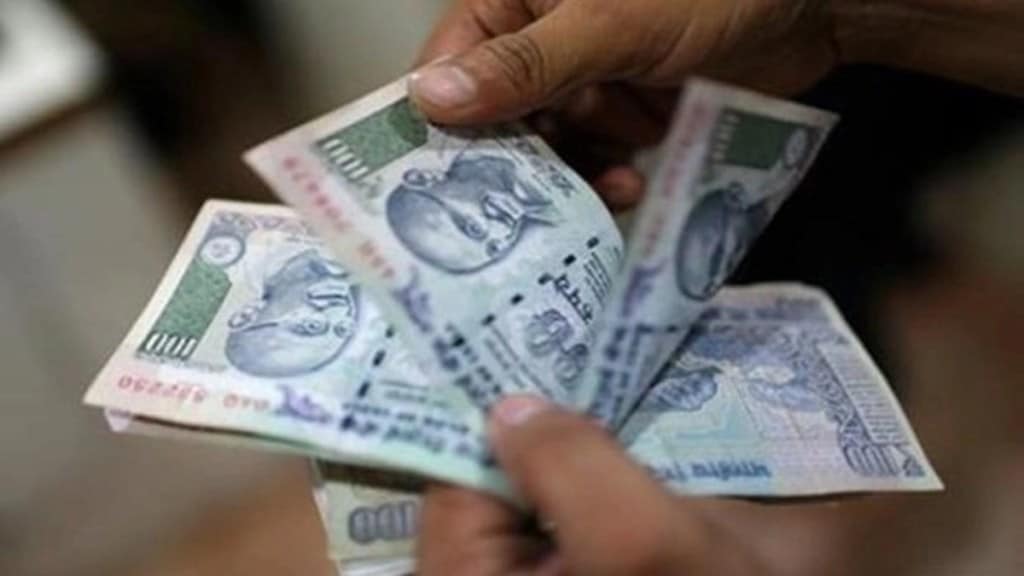Equated monthly instalments (EMIs) are not an unfamiliar concept to Indians. The trend of piecemeal payments has driven high-value purchases in India for long whether cars or homes. It is now slowly but steadily taking over smaller purchases too, as consumers look to upgrade their products or seek instant gratification.
Consumer durable companies and electronic retailers indicate that credit-scheme-backed sales such as no-cost or low-cost EMIs, longer-tenure loans, zero-down payment options, cashbacks etc now contribute nearly 45% of industry sales from around 15-20% five years ago.
“The share of sales from easy financing has more than doubled in five years as consumers are looking for premium products within their budgets. First-time buyers today are directly going in for feature-rich products backed by credit schemes,” Kamal Nandi, business head and executive vice-president, Godrej Appliances, said.
For instance, on Bajaj Mall, the online marketplace of Bajaj Finserv, a 1.5-ton Godrej Split AC, which has an offer price of Rs 31,990 currently, can be purchased using a zero-interest EMI option (of Rs 3,199 or Rs 2,666 for per month). While there is a down payment to be made (Rs 6,398 or Rs 10,664), the EMI amount is small and spread out over an eight-month period to reduce the burden on consumers.
Avneet Singh Marwah, chief executive officer of Super Plastronics, a consumer durables manufacturing company with licenses for brands such as Thomson, Kodak and Blaupunkt in India, says that during key online festivals or sale days, over 60-70% of purchases are driven by credit schemes.
“Categories such as television sets, for instance, where consumers want a bigger and better audio-visual experience, the adoption of larger screen sizes is increasingly getting fueled by attractive credit schemes,” Marwah says. “I see this trend only growing as consumers look for better products,” he says.
While online platforms such as Amazon, Flipkart, and others offer no-cost EMI on various cards, pay-later, and zero-down payment options, many retailers have tie-ups with banks and financial institutions like Bajaj Finserv and HDB Financial Services, making it easier for consumers to apply for loans across tenures, avail discounts, cashbacks and reward schemes on credit cards.
Though the Reserve Bank of India (RBI) recently increased the risk weight on consumer credit, including credit card receivables and bank loans to non-banking financial companies (NBFCs), to check the rise of unsecured consumer loans, manufacturers and retailers admit that the increase in borrowing cost would be borne by them equally.
“I don’t think consumers have been impacted in a significant way due to the RBI stricture. Easy financing has become the norm in the industry. Consumers can get access to premium products and most big brands are using it quite well to get their users to upgrade to better products,” says Nilesh Gupta, director of Vijay Sales, an electronics retailer with stores in the north and west of India. Gupta says that many of his customers opt for zero-down payment and longer tenure loans, especially for high-end mobile phones, TVs and appliances.
“Mobile phone brands, for instance, are now offering flexi-payment options on variants that are Rs 10,000 and above in terms of price per unit. Earlier, this was available for brands that would cost Rs 20,000 and above per unit. This indicates that manufacturers today are open to easy financing across models,” Gupta says.
On TV models, on the other hand, consumers are going straight for 43-inch and 55-inch TV sets, which cost between Rs 22,000-35,000 per unit by using credit schemes.


